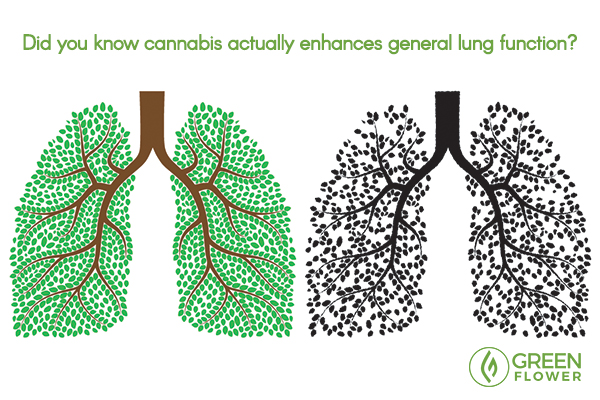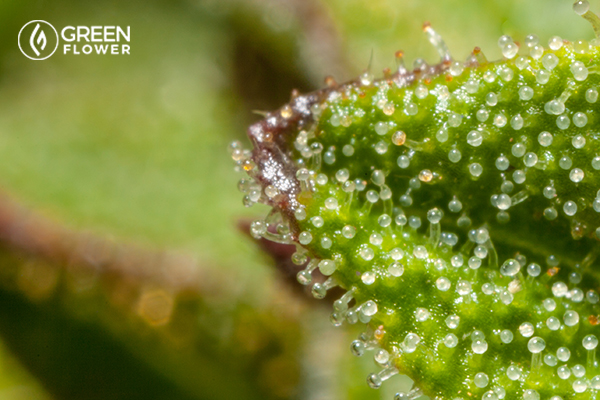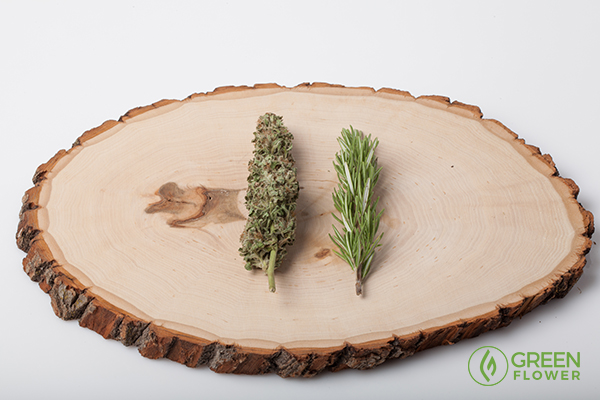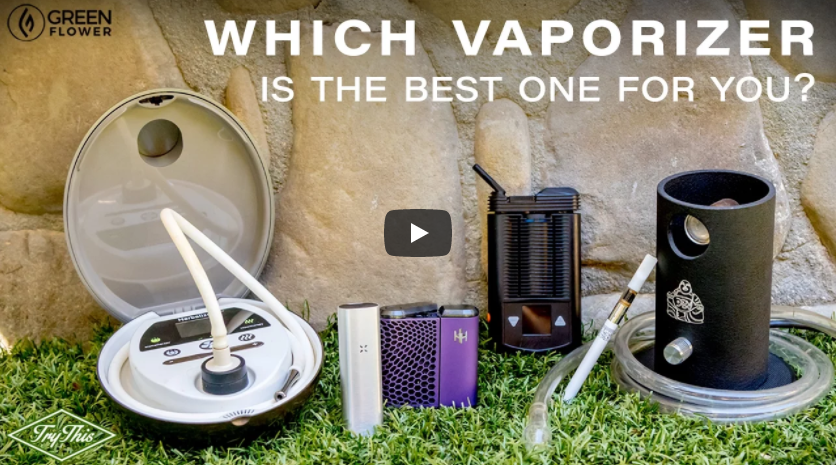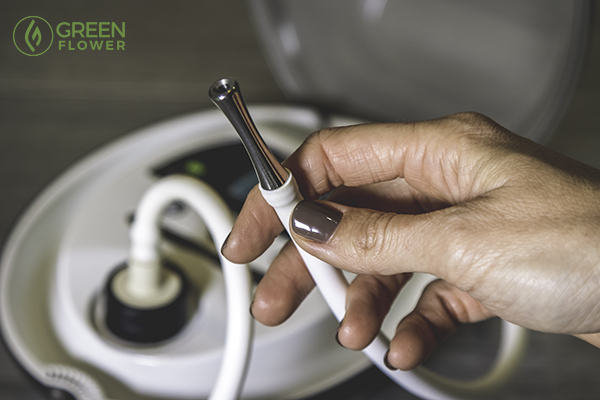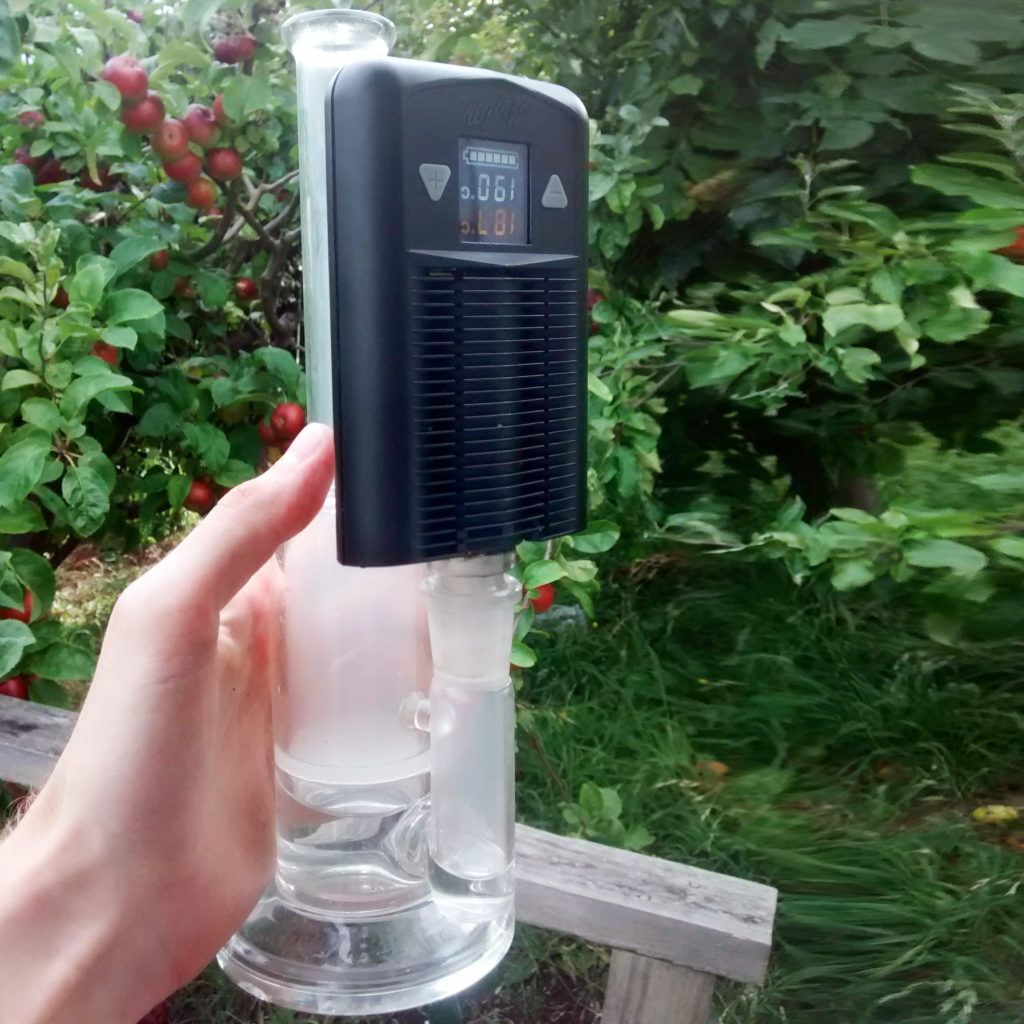THC MAKES CANNABIS IDEAL FOR TREATING ASTHMA, STUDY SHOWS
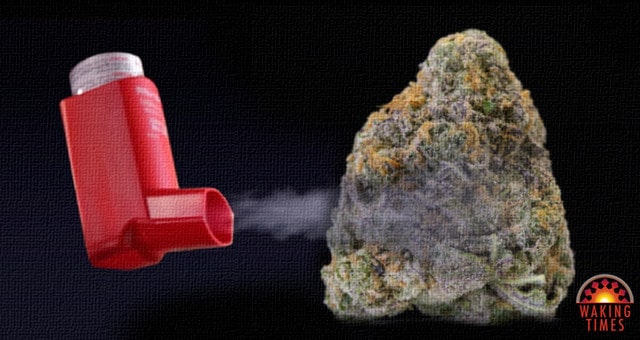
A new clinical study reports that cannabis acts as a bronchodilator, meaning that it dilates the bronchi and bronchioles, increasing airflow to the lungs. This peer-reviewed study was published in the Journal of Pharmacology and Experimental Therapeutics. It claims that cannabinoids protect the lungs from constriction and can be quite helpful for asthma patients.
The study compared the effects of six cannabinoids – THC, CBD, CBG, CBC, CBD-A, and THC-V – on contractions of the guinea pig-isolated trachea and bronchoconstriction induced by nerve stimulation in anesthetized guinea pigs. A team of researchers at the King’s College London, led by Raj Makwana, discovered the following:
Source)
This is great news for those with asthma, who often suffer from bronchoconstriction, the constriction of the airways in the lungs, nose and mouth due to the tightening of surrounding muscles. Because of this, an asthma attack limits a person’s oxygen intake. Low-level inflammation can also be found in bronchi and bronchioles of asthma sufferers.
Over the last few decades, we’ve come to better understand the role of cannabanoids on the human body. Cannabinoid receptors are present throughout the body. This explains why people can benefit from cannabis in so many different ways.
Cannabinoid receptors have been found in human lung tissue, although in relatively low concentrations, and are thought to play a vital role in the regulation of inflammation, muscular contractions and dilations, and various metabolic processes. ~ Pulmonary Pathology (Source)
Other studies have shown that cannabis has little to no long-term effect on the lungs. For example, researchers out of the University of California, San Francisco, found:
Occasional and low cumulative marijuana use was not associated with adverse effects on pulmonary function. (Source)
Even as early as in 1973, scientists were discovering the bronchodilatory effect of cannabis smoke. A study conducted by Louis Vachon, M.D. et al at Boston University was the first to state:
Marijuana smoke, unlike cigarette smoke, causes bronchodilatation rather than bronchoconstriction and, unlike opiates, does not cause central respiratory depression. (Source)
In addition to air pathway constriction, people experiencing an asthma attack also suffer from significant pain. Numerous studies have shown that cannabis has powerful pain-reducing properties. The positive impact on the respiratory system cannot be denied.
It’s not surprising that anyone with asthma or respiratory issues would be apprehensive about smoking cannabis, but physicians in states where medical cannabis is legal are starting to prescribe it to patients for treating asthma.
Dr. Dustin Sulak, a leading medical cannabis physician, finds that vaporizing cannabis is a highly effective solution for asthma patients. This is because a good vaporizer provides superior temperature control.
“Probably 90% of people with asthma can take a single vaporize inhalation,” Dr. Sulak states.
“If they do it right, they’re going to be able to breathe deeper, expand their lungs, and relieve constriction.”
Dr. Sulak recommends a daily dosing to get a baseline level of medication in your system for better overall asthma control. (Source

A new clinical study reports that cannabis acts as a bronchodilator, meaning that it dilates the bronchi and bronchioles, increasing airflow to the lungs. This peer-reviewed study was published in the Journal of Pharmacology and Experimental Therapeutics. It claims that cannabinoids protect the lungs from constriction and can be quite helpful for asthma patients.
The study compared the effects of six cannabinoids – THC, CBD, CBG, CBC, CBD-A, and THC-V – on contractions of the guinea pig-isolated trachea and bronchoconstriction induced by nerve stimulation in anesthetized guinea pigs. A team of researchers at the King’s College London, led by Raj Makwana, discovered the following:
Source)
This is great news for those with asthma, who often suffer from bronchoconstriction, the constriction of the airways in the lungs, nose and mouth due to the tightening of surrounding muscles. Because of this, an asthma attack limits a person’s oxygen intake. Low-level inflammation can also be found in bronchi and bronchioles of asthma sufferers.
Over the last few decades, we’ve come to better understand the role of cannabanoids on the human body. Cannabinoid receptors are present throughout the body. This explains why people can benefit from cannabis in so many different ways.
Cannabinoid receptors have been found in human lung tissue, although in relatively low concentrations, and are thought to play a vital role in the regulation of inflammation, muscular contractions and dilations, and various metabolic processes. ~ Pulmonary Pathology (Source)
Other studies have shown that cannabis has little to no long-term effect on the lungs. For example, researchers out of the University of California, San Francisco, found:
Occasional and low cumulative marijuana use was not associated with adverse effects on pulmonary function. (Source)
Even as early as in 1973, scientists were discovering the bronchodilatory effect of cannabis smoke. A study conducted by Louis Vachon, M.D. et al at Boston University was the first to state:
Marijuana smoke, unlike cigarette smoke, causes bronchodilatation rather than bronchoconstriction and, unlike opiates, does not cause central respiratory depression. (Source)
In addition to air pathway constriction, people experiencing an asthma attack also suffer from significant pain. Numerous studies have shown that cannabis has powerful pain-reducing properties. The positive impact on the respiratory system cannot be denied.
It’s not surprising that anyone with asthma or respiratory issues would be apprehensive about smoking cannabis, but physicians in states where medical cannabis is legal are starting to prescribe it to patients for treating asthma.
Dr. Dustin Sulak, a leading medical cannabis physician, finds that vaporizing cannabis is a highly effective solution for asthma patients. This is because a good vaporizer provides superior temperature control.
“Probably 90% of people with asthma can take a single vaporize inhalation,” Dr. Sulak states.
“If they do it right, they’re going to be able to breathe deeper, expand their lungs, and relieve constriction.”
Dr. Sulak recommends a daily dosing to get a baseline level of medication in your system for better overall asthma control. (Source
